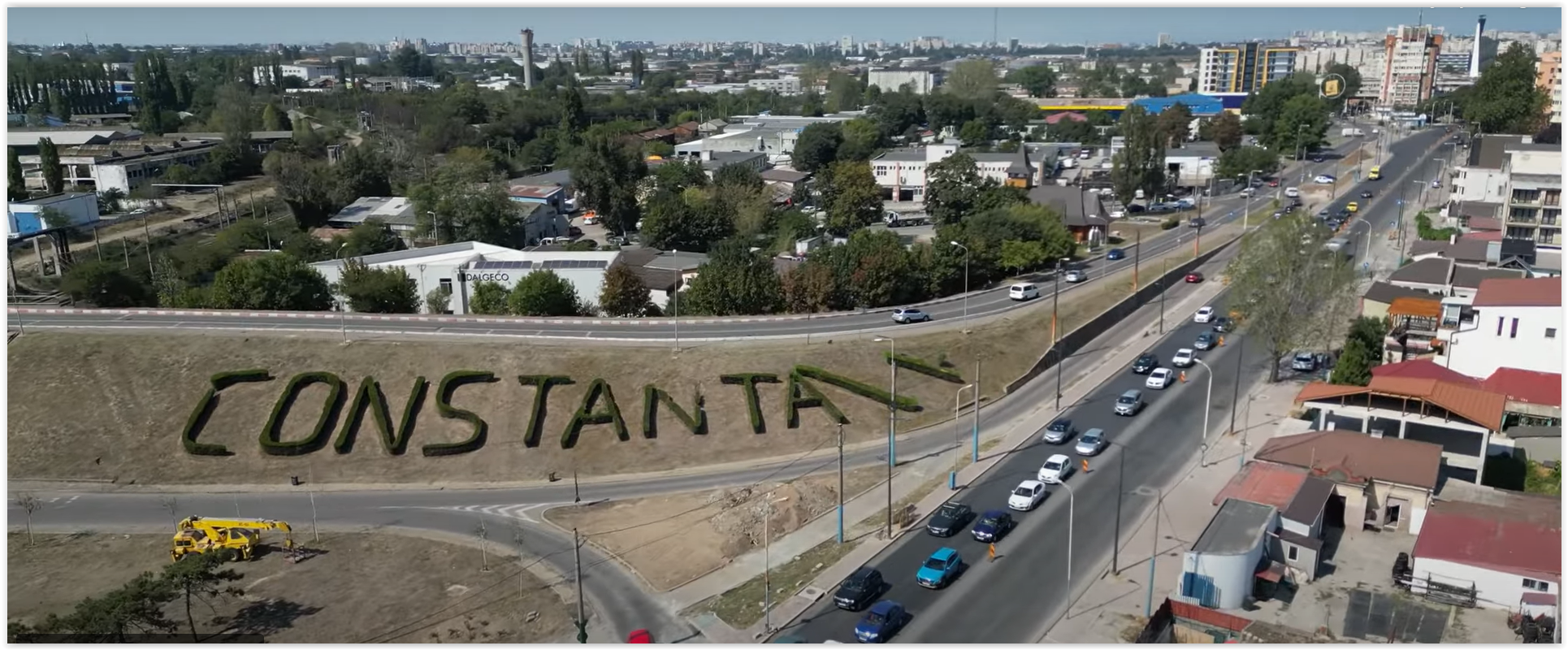Daily life in Romania varies between cities and rural areas, but it is generally similar to other countries in Europe. Here are some important features of daily life in Romania:
- Work and Business Life
Working Hours: In Romania, working hours are generally between 09:00 and 18:00. People work 5 days a week (Monday-Friday). In some sectors, especially in healthcare and retail, weekend work is possible.
Social Life and Holidays: Employees usually take long summer holidays, and on official holidays determined by the state (for example, May 1st, Labor Day), workplaces are closed.
- Transportation
Urban transportation: In large cities (Bucharest, Cluj-Napoca, Timișoara, etc.), buses, trams, and metro lines are quite common. In Bucharest, the metro is preferred, especially during rush hour.
Rural areas: In rural areas, transportation is more limited and cars are mostly used. Buses and minibuses pass less frequently in rural areas.
Bicycles: Especially in cities, bicycles are also a common means of transportation, but not every city has bicycle paths to the same extent. - Food Culture
Breakfast: Breakfast in Romania is usually light, including items such as cheese, bread, olives, and tomatoes. Tea or coffee is a common hot drink.
Lunch and Dinner: Dinner in Romania is usually eaten between 19:00 and 21:00. Soup is served as a starter, followed by meat dishes (e.g. "sarmale" or stuffed vegetables, "mici" or meatballs) and side dishes. Traditional flavors include sour cream, corn flour (polenta) and fermented milk products.
Restaurants and Cafes: In big cities, especially in Bucharest, there are restaurants and cafes with various cuisines. The food is generally healthy and filling.
- Social Life and Entertainment
Cafes and Bars: Romanians, especially the young population, like to organize social events in cafes or bars. Cities like Bucharest have a lively nightlife, and many cafes, bars and nightclubs are full in the evenings.
Family and Society: Family is very important in Romanian culture. Weekly family dinners and holiday visits are common. Romanians also enjoy spending time with friends at social events. - Education
Schools: Education in Romania usually starts at age 7 and continues until age 18. The education system consists of public and private schools. Romanian universities are renowned, especially in engineering, medicine and science.
Universities: Universities are concentrated in Romania's major cities and some university towns. Various programs are offered for foreign students.
- Shopping and Consumption
Daily Shopping: Supermarkets, markets and small shops are widely available for shopping in Romania. Organic and local products are especially common in Romanian markets.
Shopping Malls: Modern shopping malls, cinemas, shops and restaurants are found in major cities. Some shopping malls in Bucharest are among the largest in Europe.
- Weather and Climate
Winter and Summer: Romania has a continental climate. It can be quite cold and snowy in the winter months. In the summer months, temperatures can rise, especially in July and August, reaching 30°C.
Seasons: Seasonal changes are quite noticeable and people organize their lives accordingly. Outdoor activities such as skiing in the winter and hiking in nature in the summer are common.
- Technology and Digital Life
Internet and Technology Use: Romania is one of the countries with the fastest internet speeds in Europe. The internet and digital platforms have an important place in daily life. The rate of social media use is also high.
Mobile Applications: Mobile applications are frequently used in daily life in Romania; services such as food ordering, transportation and payment transactions are commonly done on digital platforms. - Health and Safety
Health System: Romania has a state health system, but some people prefer to apply to private health services. Health care is generally affordable, but the quality of service may vary in some regions.
Security: Romania is generally a safe country. However, petty crimes such as pickpocketing and theft can occasionally occur in large cities.
- Nature and Activities
Romania has a rich geography for nature lovers. There are natural beauties such as mountains, forests, lakes and seashores. Outdoor activities such as hiking, mountaineering and cycling are common. In addition, touristic areas such as the Carpathian Mountains and Delta are popular destinations.
In general, daily life in Romania carries both modern European influences and traces of traditional cultures. Romanians value quality of life, while attaching great importance to family and friends.




